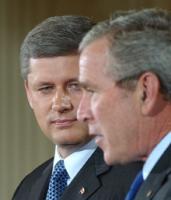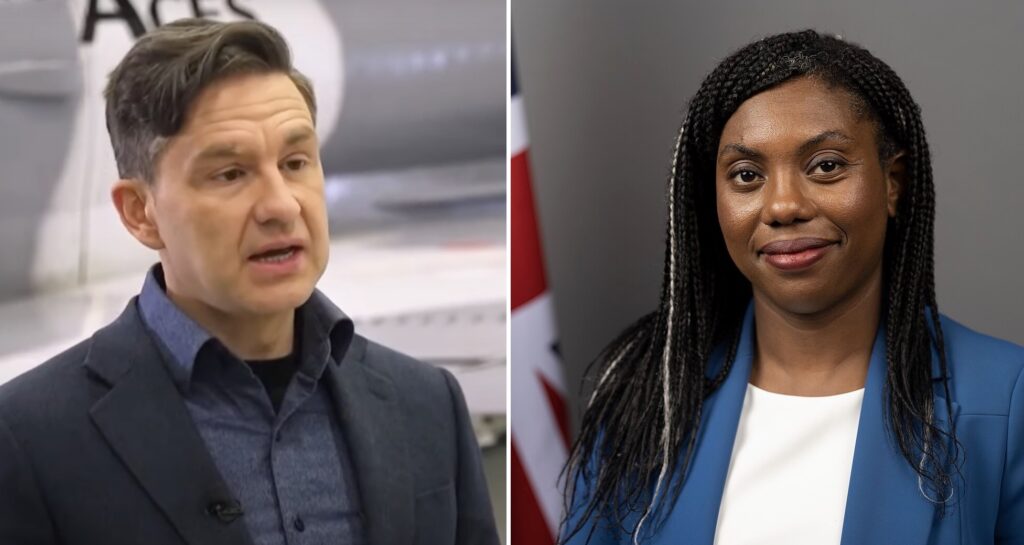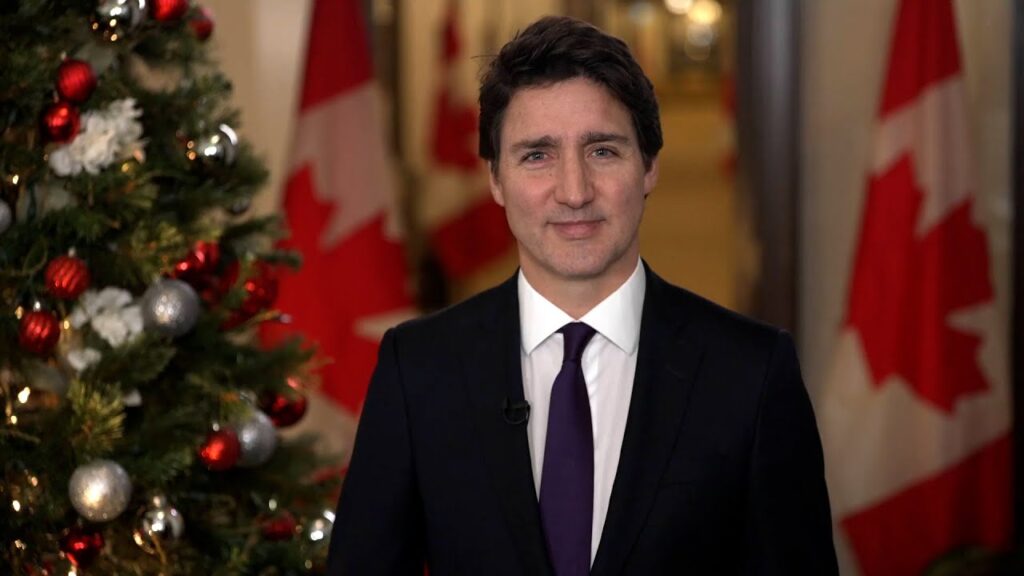Prime Minister Stephen Harper said a post-Kyoto pact would require participation by all major producers of greenhouse gases – namely the U.S. and China – and his government would work to create that consensus.
The Germans want an agreement that would limit the rise in average temperatures this century to 2 degrees Celsius and to cut global emissions by 50 per cent below 1990 levels, as well as raise energy efficiency in power and transport by 20 per cent by 2020. The Bush administration is opposing this, and Harper’s lack of commitment has been seen as supportive of the U.S. president’s position.
The countries are also trying to agree on whether to hold a major meeting in December in Bali to start developing a successor to Kyoto, which runs out in 2012.
Canadian Environment Minister John Baird said he supports the European-backed proposal to reduce greenhouse-gas emissions by 50 per cent, but he uses a base year of 2006, not 1990, when Canadian emissions were less. Canadian emissions are up more than 25 per cent since 1990.
Ontario and Quebec say they would like to see Ottawa adopt tougher measures.
An executive of the Sage Centre climate project said even if Canada reached the 50 per cent target based on 1990 levels, it wouldn’t be enough as the German cut is a worldwide number, and developed countries like Canada will need to achieve reductions of 70 per cent to 80 per cent as their share.
The Pembina Institute, an environmental think, said the government has little chance of even meeting its own target of stopping the growth in Canada’s greenhouse-gas pollution by 2010-12.
Subscribe to our newsletter
Stay up to date with DeSmog news and alerts







